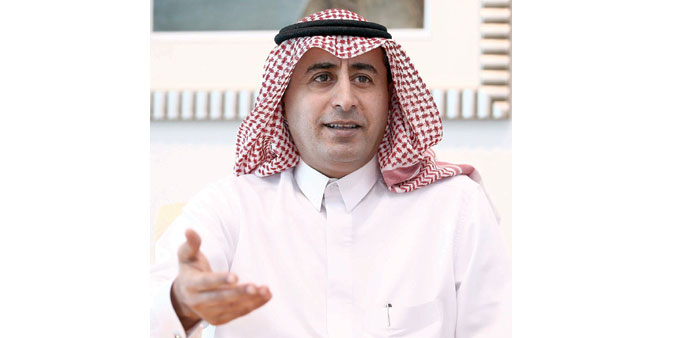By Dr Abdulaziz A al-Ghorairi
Under the wise and dynamic leadership of His Highness the Emir, Sheikh Tamim bin Hamad al-Thani, the growth and improvement in quality of Qatar’s health sector has been a major success story. The National Health Strategy (NHS) 2011 – 2016 is on track to help deliver the health objectives contained in the National Vision 2030, and the human development pillar entails a holistic and modern healthcare infrastructure that caters to all.
While spending on healthcare has obvious human benefits to individuals and families suffering illness or accidents, healthcare spending has economic benefits too. Qatar has invested heavily in healthcare and intends to be a regional healthcare destination. Qatar’s projected expenditure on healthcare spending this year is QAR19.1bn, compared with nearly QAR17.5bn last year. Qatar also has the highest healthcare spending per capita among its GCC peers.
According to a Supreme Council of Health annual report, 11 new hospitals and medical research facilities are expected to be built in Qatar by 2022, including the $635mn Hamad Bin Khalifa Medical City, the single largest healthcare complex in the Middle East. Qatar’s finance minister has also recently stated that despite the fall in oil prices, the country will continue its current pace of spending on major capital projects including those related to health.
So what are the economic reasons for Qatar spending on health? First, there is increased demand due to Qatar’s growing population, which is also living longer and facing an increase in lifestyle-related diseases. Second, investment in health makes for a healthy economy. Government spending — including large healthcare sector allocations — is both growing and diversifying Qatar’s economy.
Healthcare and economic development are linked, although in complex ways. At a macroeconomic level, historical studies have shown that a large share of a country’s economic wealth is directly attributable to past achievements in health. A healthy society is a productive society and it is widely recognised that health spending as an investment returns continual dividends in the form of a more productive workforce. There are also significant economic burdens and costs associated with ill health.
The private sector will be boosted not only through the construction of healthcare facilities, but in their operation too. HE the Minister of Public Health Abdulla bin Khalid al-Qahtani has stated that private sector involvement is vital for the realisation of the NHS and a total of five private healthcare operators will start functioning in Qatar soon.
Qatar’s investment in health is also much more forward-thinking than simply building new healthcare facilities and staffing them. One of the NHS’ seven strategic goals is an ambitious home-grown healthcare research programme, and this will only strengthen Qatar’s transition towards a diversified, knowledge-based economy.
To conclude, the government has wisely identified that spending on healthcare is a good thing, both in terms of our own personal health and also for the health of Qatar’s economy.

